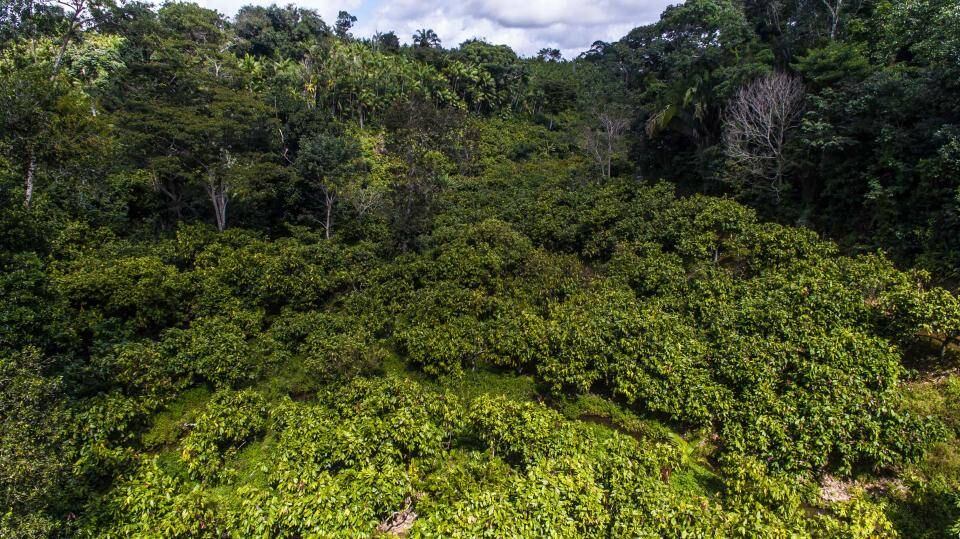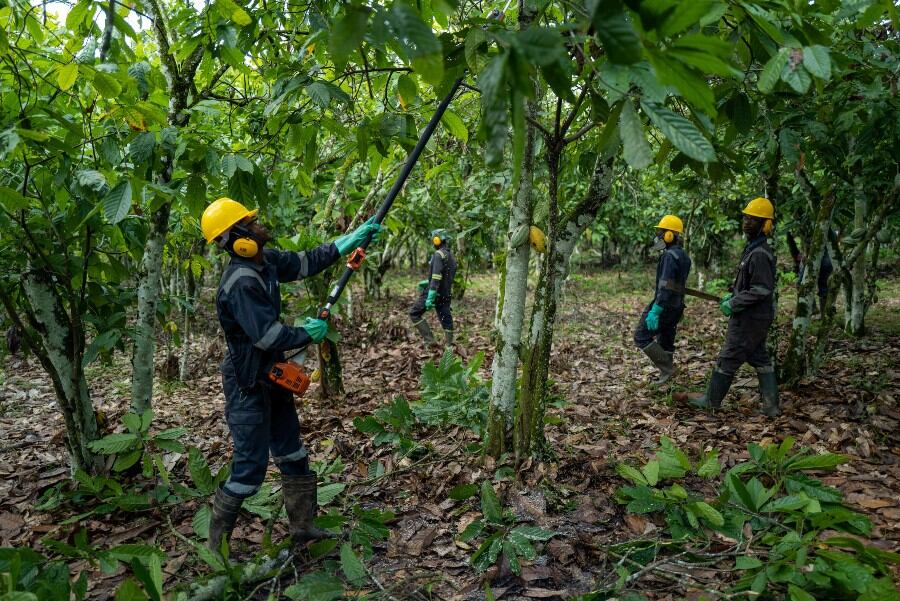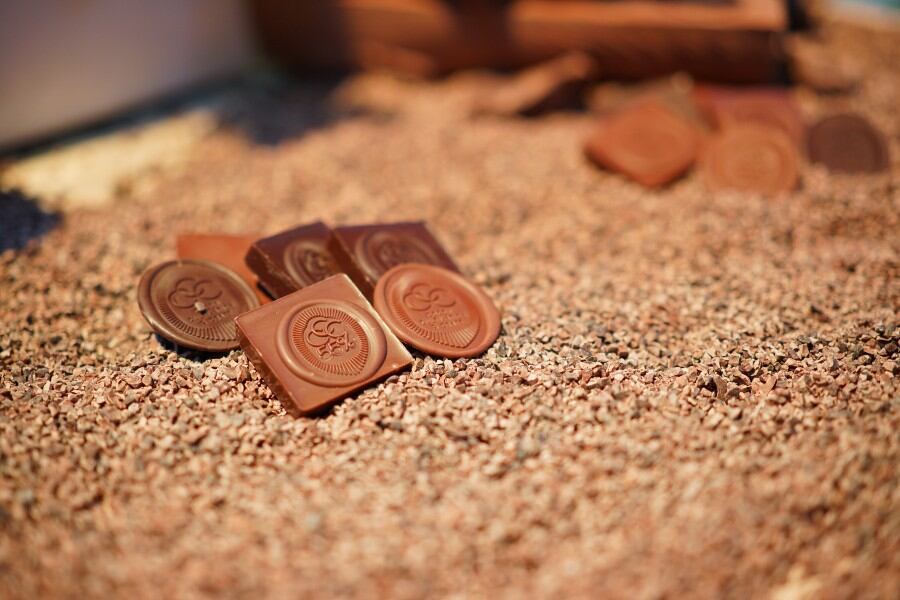As reported in ConfectioneryNews, negotiators from EU countries and the European Parliament struck the deal at the beginning of the month and the European Parliament and Council will now formally have to adopt the new Regulation before it can enter into force.
Once the Regulation is in place, operators and traders will have 18 months to implement the new rules – which will require relevant companies to conduct strict due diligence if they place on the EU market, or export from it: cocoa, palm oil, cattle, soy, coffee, timber and rubber as well as derived products (such as beef, furniture, or chocolate).
Micro and small enterprises will enjoy a longer adaptation period, as well as other specific provisions.
“We are confident that the regulation can achieve its objectives if it is part of a smart mix of measures. It should also be accompanied by enhanced cooperation with producing countries, particularly technical and financial assistance, in order to support the development of government-mandated traceability systems and the swift transition to sustainable agricultural practices,” it said in a statement.
Barry Callebaut is the world’s largest supplier of Belgian chocolate and cocoa, and it says the developments echo calls launched since 2019 by the Group, together with the European Cocoa Association, other companies and NGOs, requesting that the European Union introduce legislation setting a due diligence obligation on all companies that place cocoa or cocoa products on the EU market.
“We are happy to see that our vision and accompanying advocacy work are yielding results and are supporting the development of a level playing field for all companies,” it said.
Corporate transparency
Barry Callebaut has also been recognised for leadership in corporate transparency and performance on forests by the global environmental non-profit organization, CDP, securing for the second time a place on its annual ‘A List’.
Based on data reported through CDP’s 2022 Forests questionnaire, Barry Callebaut is one of the 25 high-performing companies that achieved an ‘A’ rating - out of nearly 15,000 companies scored. In addition, it received for the fifth consecutive year an ‘A-’ rating for its carbon reduction efforts. CDP’s annual environmental disclosure and scoring process is widely acknowledged as the gold standard for corporate environmental transparency and action.
“Being part of CDP’s ‘Forests A List’ for the second consecutive year is a remarkable recognition of the work we do under Forever Chocolate, our strategy to make sustainable chocolate the norm. Not only have we made significant progress on traceability, deforestation risk management and monitoring of our supply chains. We are also developing an emissions reduction program that is innovative, ambitious, science-based and sets new standards. This rating by the CDP is a testament to our team's leadership in this space, one that makes us proud and encourages us to double down on our efforts,” said Oliver von Hagen, Director Global Ingredients Sustainability at Barry Callebaut.
Forever Chocolate
Deforestation and forest degradation are major environmental challenges for the sector. Their main driver is the expansion of agricultural land linked to commodities such as soy, palm oil and cocoa, all three ingredients found in chocolate products. Land use change (LUC) emissions, meaning the carbon emissions resulting from the conversion of forest and other land to agricultural land, also form a big part of Barry Callebaut’s carbon footprint. Under its Forever Chocolate sustainability programme, its plan is to make sustainable chocolate the norm, and is committed to becoming carbon and forest positive.
For its cocoa supply, Barry Callebaut says it puts a particular focus on monitoring farms at risk of sourcing from protected areas. Currently, it is covering 230,749 farms mapped within 25 kilometers of national parks, game reserves, forest reserves, and classified forests 1 and 2 in Côte d’Ivoire. Combining this data with the other farms mapped, Barry Callebaut says it now has GPS maps for 399,413 farms, covering 79.7% farms in its direct supply chain. “As a result, we have established traceability to farm level for the cocoa volumes coming from these mapped farms,” it claimed.



